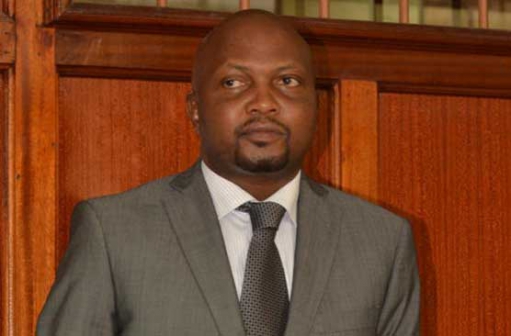
NAIROBI: This week President Uhuru Kenyatta was in Israel for a three-day State visit. The objectives of the visit included cementing trade between Kenya and Israel, enhanced investment opportunities and bolstering security ties between the two countries. Kenya and Israel share the unfortunate reality of being islands of peace in a sea of chaos; a reality Israel has managed well. Kenya can, therefore, learn from its Middle-East ally. Through Israel’s Agency for International Development Cooperation (MASHAV), Kenya has benefited immensely in areas like defence, water resources, fisheries, education, science and technology.
In the Jubilee manifesto sub-regionalism and Pan-Africanism are overriding themes. In drafting the manifesto, Jubilee retraced the steps of the founders of Pan-Africanism like Kwame Nkrumah, Mwalimu Julius Nyerere and Mzee Jomo Kenyatta among others.